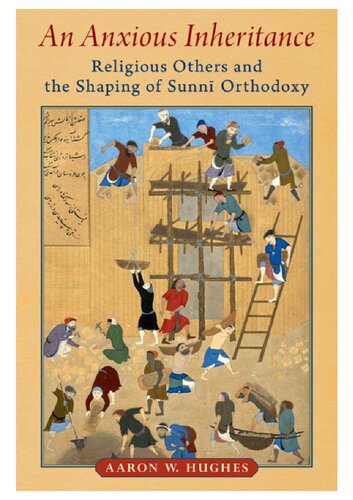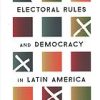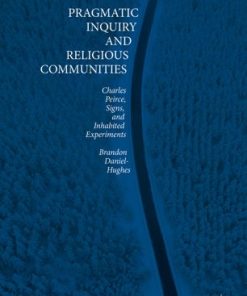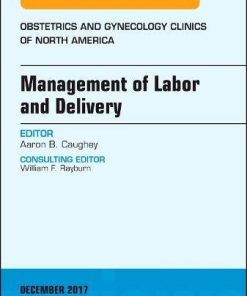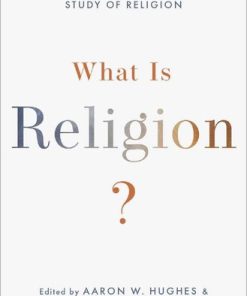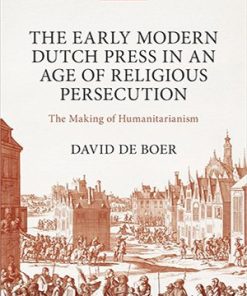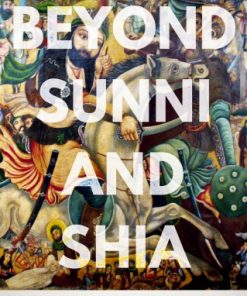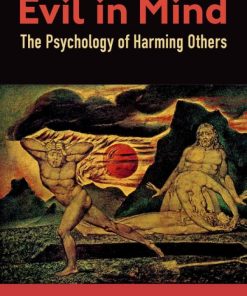An Anxious Inheritance. Religious Others and the Shaping of Sunni Orthodoxy Aaron W. Hughes
$50.00 Original price was: $50.00.$25.00Current price is: $25.00.
An Anxious Inheritance. Religious Others and the Shaping of Sunni Orthodoxy – Ebook Instant Download/Delivery ISBN(s): 9780190067540,9780190067557,9780190067564,9780190067571,9780197613504,9780197613474,9780197613498,0197613470,0197613497
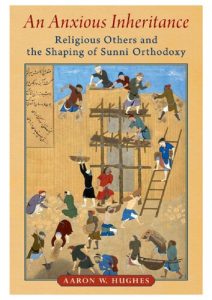
Product details:
- ISBN-10 : 0197613470
- ISBN-13 : 978-0197613474
- Author: Aaron W. Hughes
An Anxious Inheritance reveals the tensions between the early framers of Islam and the ever-expandable category of non-Muslims. Examining the encounter with these religious others, and showing how the Qur’an functioned as both a script to understand them and a map to classify them, this study traces the key role that these religious others played in what would ultimately emerge as (Sunni) orthodoxy. This orthodoxy would appear to be the natural outgrowth of the Prophet Muhammad’s preaching, but it ultimately amounted to little more than a retroactive projection of later ideas onto the earliest period.
Non-Muslims (among them Christians, Jews, Zoroastrians) and the “wrong” kinds of Muslims (e.g., the Shi’a) became integral–by virtue of their perceived stubbornness, infidelity, heresy, or the like–to the understanding of what true religion was not and, just as importantly, what it should be. These non-Muslims were rarely real individuals or groups; rather, they functioned as textual foils that could be conveniently orchestrated, and ultimately controlled, to facilitate Muslim self-definition. Without such religious others proper belief could, quite literally, not be articulated. Shedding new light on the early history of Islam, while also problematizing the binary of orthodoxy/heresy in the study of religion, An Anxious Inheritance makes significant contributions to a number of diverse academic fields.
Table contents:
I. A Taboo-Breaking Project
II. Study Organization
1. “Islamic Apologetics” and Islamic Studies
I. On “Islamic Apologetics”
II. Western Islamic Studies
III. Modern Trends in Qurʾanic Studies
IV. Studying Islam outside Its Core Lands
2. The Qurʾān in the Muslim Academy: What Should Be Censored?
I. Muslims’ Views of Western Islamic Studies
II. Western Works in the Muslim Academy: Rippin’s Qurʾanic Studies
III. Studying the Qurʾān in Muslim Universities and Seminaries
IV. Reading the Qurʾān with Other Materials
V. Self-Sufficiency in Academic Production
VI. Muslims’ Reading of Muhammad’s Adopted Son, Zayd
3. The Sectarian Study of Islam: A Culture of Isolation and the Isolation of Cultures
I. From the Islamization of Biblical Literature to the Sectarianizing of the Muslim Academy
II. The Forgotten East
III. Reception and Marginalization of Minorities
IV. Forgetting the Language and Culture of Everywhere/Always
4. Hatred of Inferiority and Confrontation with the West: Forgetting Some, Remembering Others
I. Forgetting Western Scholars of the Qurʾān: Origins
II. E. W. Said’s Orientalism
III. Muslim Study of the Qurʾān in Light of Orientalism
IV. Misunderstanding of Europeans in Orientalism
V. Remembering Scientists
5. Final Remarks
I. Conclusions
II. Islamic Apologetics Everywhere
Notes
Bibliography
Index
People also search:
an anxious age
an inheritance of monsters
an inheritance incorruptible and undefiled
an inheritance among those who are sanctified
inherit anxiety
biblical principles of inheritance
can you inherit anxiety from your parents
You may also like…
Arts - Film
Politics & Philosophy - Anthropology
Mastery, Dependence, and the Ethics of Authority Aaron Stalnaker
Politics & Philosophy - General & Miscellaneous Philosophy
Politics & Philosophy - General & Miscellaneous Philosophy
Politics & Philosophy - Anthropology
History - World History
Psychology - Developmental Psychology


